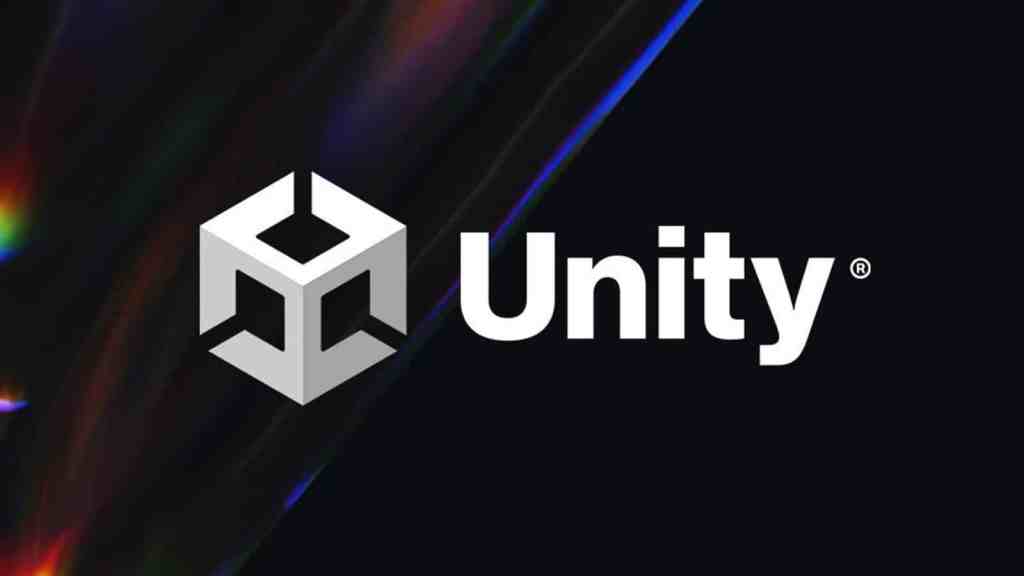Unity has attempted to clarify the particulars of its controversial new runtime fee policy, which would charge game developers for every install of a Unity-created game, above certain thresholds. The announcement of the new fee caused a major backlash when it was announced on Wednesday, with thousands of creators taking to social media to detail the catastrophic impact the new fees would have on their bottom line and ability to make a sustainable living.
In the hours following the announcement, and against a backdrop of indie studio revolt, Unity appeared to walk back some of its decisions, with fresh clarification about when developers would be charged. Through Axios, Unity executive Marc Whitten claimed the company had “regrouped” on its stance, and decided developers would only be charged for initial installation fees, rather than re-installs, as was the case when the runtime policy was first announced.
Now, nearly 24 hours after the furore kicked off, Unity is attempting to provide even more clarity, in an attempt to reassure developers that the majority of games will not be impacted by the policy change.
“We want to acknowledge the confusion and frustration we heard after we announced our new runtime fee policy. We’d like to clarify some of your top questions and concerns,” Unity posted via Twitter.
Read: Game developers rally against Unity game engine pricing changes
“The price increase is very targeted. In fact, more than 90% of our customers will not be affected by this change. Customers who will be impacted are generally those who have found a substantial scale in downloads and revenue and have reached both our install and revenue thresholds. This means a low (or no) fee for creators who have not found scale success yet and a modest one-time fee for those who have.”
“Once you meet the two install and revenue thresholds, you only pay the runtime fee on new installs after Jan 1, 2024. It’s not perpetual: You only pay once for an install, not an ongoing perpetual license royalty like a revenue share model.”
Per Unity, only “net new installs on any device” will be counted as part of the new runtime fee, with nothing charged for re-installs, and no charges for fraudulent installs, trials, partial play demos, or charity installs when games are purchased as part of bundles. According to Unity, these numbers will be counted using a “proprietary data model” that only provides “estimates of the number of times the runtime is distributed for a given project.”
At this stage, it appears Unity is planning to double-down on these plans, with its latest clarification attempting to divert outrage with reassurances that only successful games will be charged a fee, as download thresholds will need to be met before the runtime policy comes into effect.
This has seemingly not doused the flames of controversy, as developers continue to rally against the policy change – with some even threatening to delete their Unity-based games, should management stick to its controversial new policy. With outrage mounting, it appears Unity has a storm on its hands – one which may grow before the clouds break.





